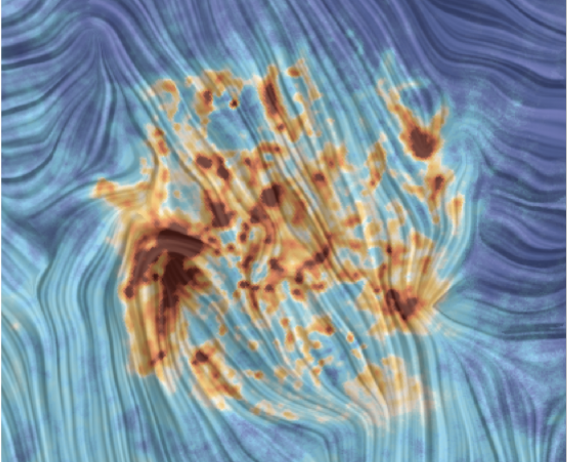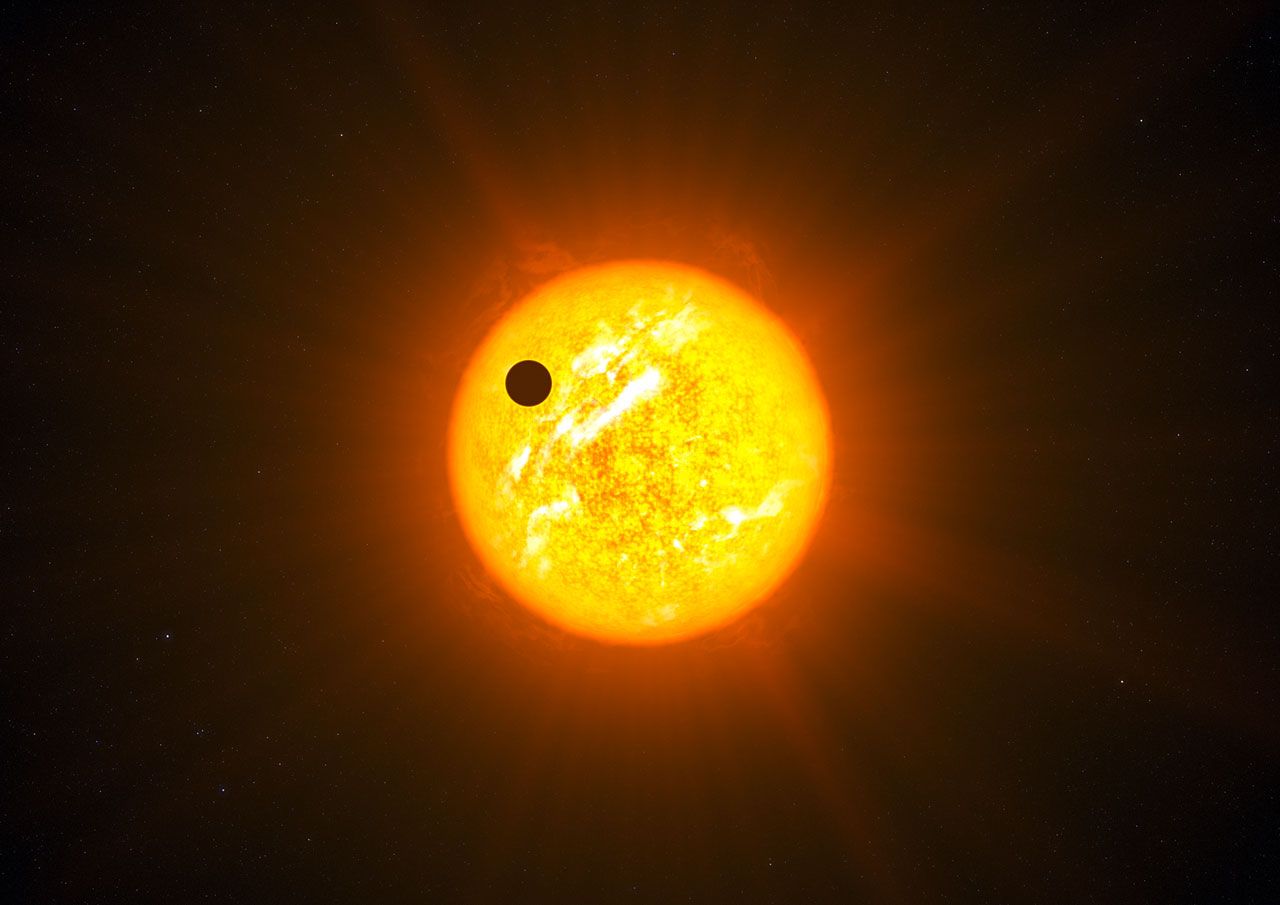A dusty Universe
le 25 septembre 2020, 11h à 13h, Jean-Philippe BERNARD, salle de conférence
Being part of the ISM cycle, dust is present in all phases of the ISM and on all scales from the planetary systems to cosmological scales. Its presence is known since the early days of modern astronomy, and yet, its exact nature and properties is still a matter of intense debates. Dust recently attracts new attention since it can in principle be used to uniquely trace the gas distribution on large scales and cosmological distances, and also the distribution of the elusive cosmic magnetic field. However it also is a permanent source of confusion and mis-interpretation for astronomers and cosmologists, as it alters the propagation of waves and can scramble cosmological signals. I will summarize the evolution of our knowledge of dust including that acquired using recent facilities such as balloon-borne experiments and the Herschel and Planck satellites. I will also illustrate how the foreseen space instruments such as the SPICA satellite will use dust signals and possibly improve our currently limited understanding of dust physics in the future.






